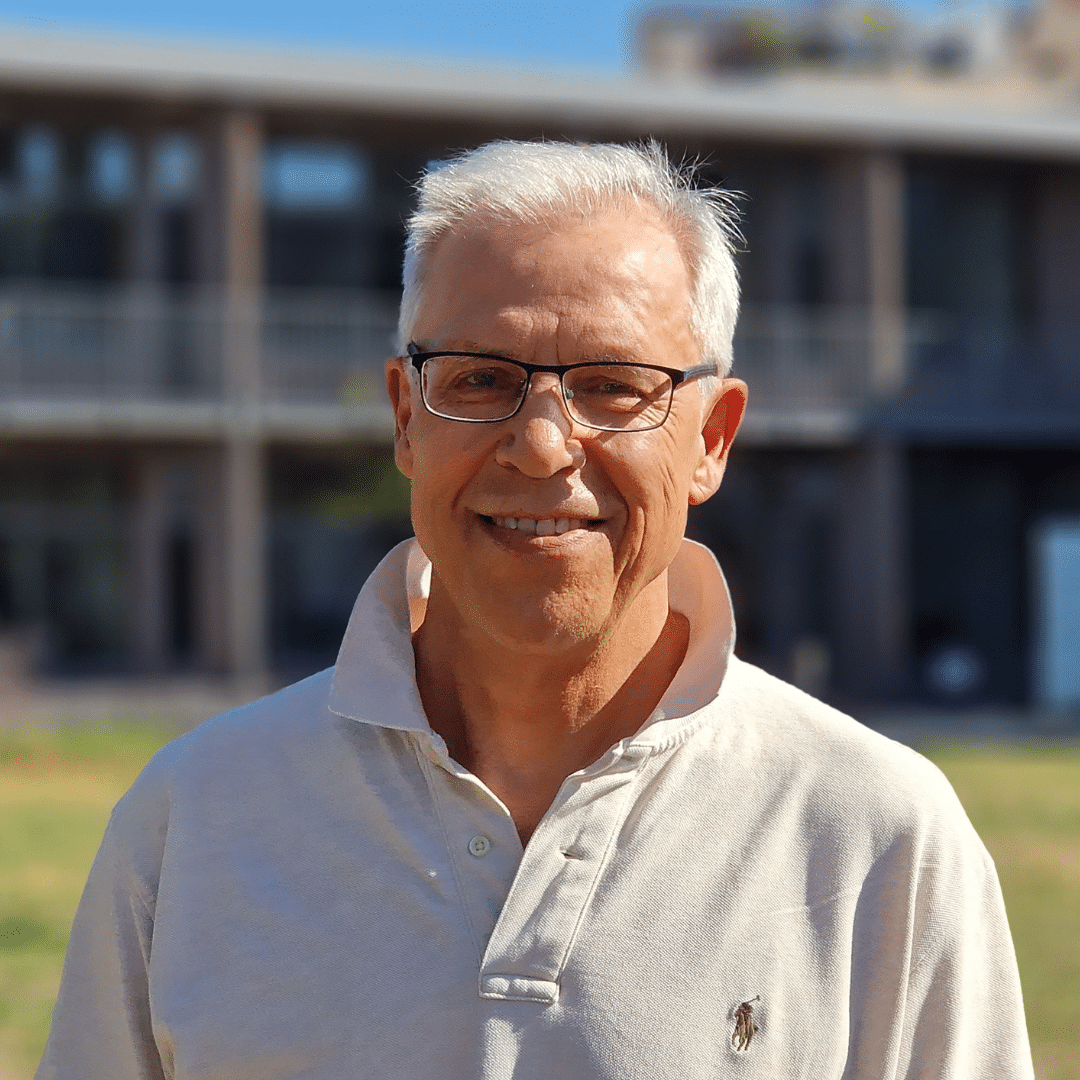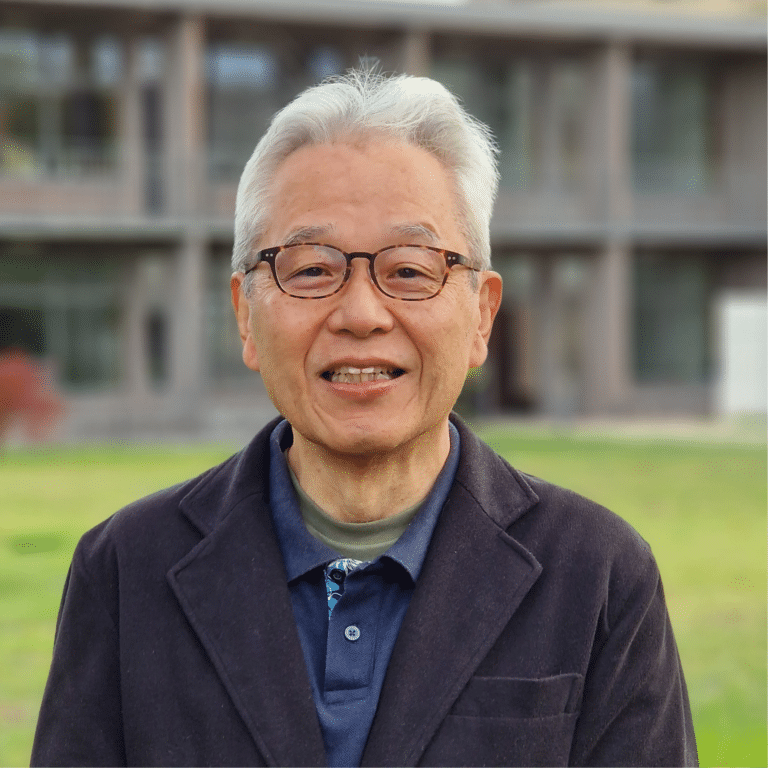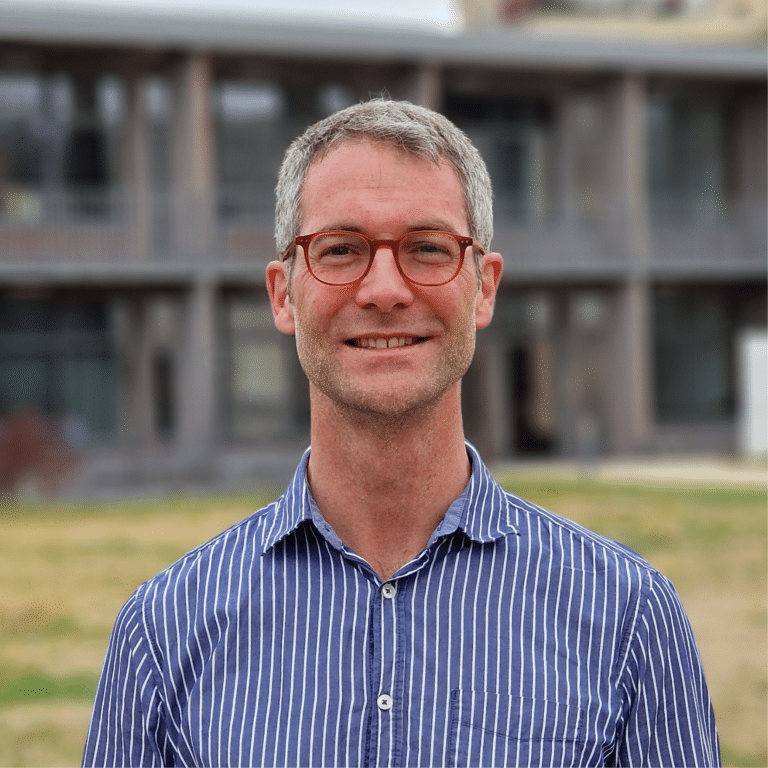Research project
Gender Inequality and the Role of Technological Revolutions and Globalization Waves
Summary of the research project
Professor Jakob Madsen’s research project at Iméra, the Institute for Advanced Study of Aix-Marseille University, aims to trace the origins and evolution of gender wage gaps in advanced countries over the past two centuries.
Unveiling the Impact: Gender Income Inequality Across Countries and Time
In his research, Professor Madsen focus on factors that influence income inequality including the distribution of income between capital and labour, the wage skill premium, and the gender wage gap. To discriminate between competing hypotheses, Madsen has constructed a large database of economic variables spanning multiple countries and centuries. In his project, Madsen will utilise this reservoir of data to offer essential insights into factors that have contributed to gender income disparities. By analyzing the complex interactions of cultural norms, education, fixed capital, mode of production, sectoral composition of GDP, fertility, and institutions, Madsen seeks to shed light on the driving forces of the gender wage gap over time.
The research takes a holistic approach to understanding the dynamics of gender inequality, going beyond the conventional focus on observable individual attributes. Professor Madsen’s exploration also extends to the impact of technological revolutions and globalization waves on gender wage gaps. By examining how these factors interact with socio-economic variables, the study aims to unveil the forces that perpetuate inequality.
Through an optimized combination of causal identification methods and theoretical modeling, Professor Madsen endeavors to decode the complex puzzle of the gender wage gap. This versatile approach allows for a better understanding of how capital, technological progress, and education contribute to shaping income disparities between men and women.
The significance of this research goes beyond mere academic curiosity. Professor Madsen’s findings are likely to provide policymakers with concrete perspectives to effectively combat gender inequalities. From targeted fiscal policies to institutional reforms to combat discrimination, the research aims to provide tangible tools to foster a more equitable society.
Unraveling the Impact: Gender Wage Gap Across Countries and Time
Contrary to the common belief that economic progress automatically reduces gender wage gaps, data from Jakob Madsen’s study suggests a more nuanced reality. Rich and poor countries alike grapple with varying degrees of gender income inequality. Some developing countries display significant wage gaps, while others, under similar economic conditions, exhibit a more equitable income distribution.
Jakob Madsen explores the role of technology in the gender wage gap and highlights its intricate dance with gender dynamics. Historical examples demonstrate how technological advancements have influenced women’s opportunities in the labor market, impacted cultural norms, and influenced choices regarding fertility and education. Understanding these historical contexts provides essential insights into the persistence of gender income disparities.
In addition to technology, globalization emerges as a significant influencer of gender inequality. By examining the composition of globalization and its effects on trade, migration, and foreign direct investment, Jakob Madsen’s research reveals how certain economic activities draw women into the workforce, shaping wage dynamics.
Beyond the realm of economics, this research project also explores the broader social implications of gender inequality. The study examines how income distribution, access to leadership positions, and democratic participation are all affected by gender wage gaps. This emphasis on the broader social impact underscores the urgency of transformative policies aimed at promoting gender equality in both developing and developed countries.
Biography
Jakob Madsen is Professor of Economics at University of Western Australia and Adjunct Professor at Monash University. Prior to this he held professorships at Monash University and University of Copenhagen. He is a Fellow of the Academy of Social Sciences in Australia and was awarded a prestigious 5-year Australian Research Council Professorial Fellowship in 2011. Jakob’s research interests are in macroeconomics, endogenous and unified economic growth, macroeconomics of inequality, history of inequality and economic growth, and applied econometrics. He has published 132 peer-reviewed research articles, many in leading field journals including Journal of Monetary Economics, Journal of Economic Growth, Review of Economics and Statistics, the Economic Journal, Quantitative Economics, European Economic Review, Journal of Development Economics, Journal of Applied Econometrics, Journal of Economic History, and Journal of International Economics, which can all legitimately lay claim to be in the top 20 economics journals in the world. Jakob is an Associate Editor of the European Economic Review and a co-editor of Australian Economic Papers. He has been the main supervisor of 32 doctoral dissertations (including current supervisions).




